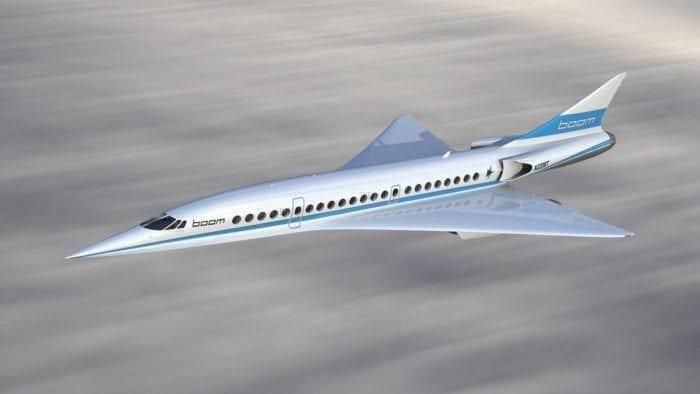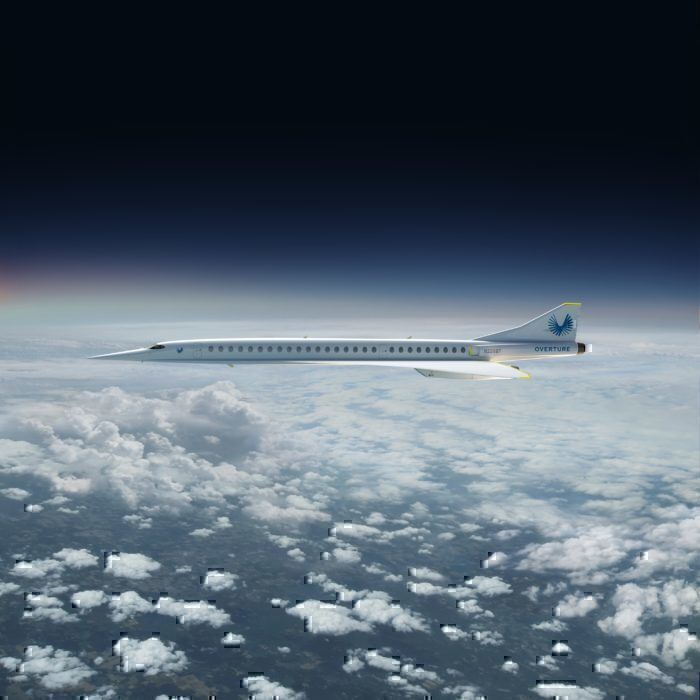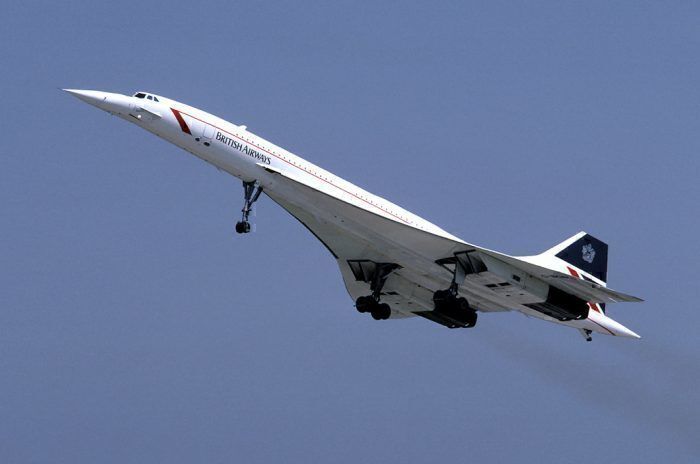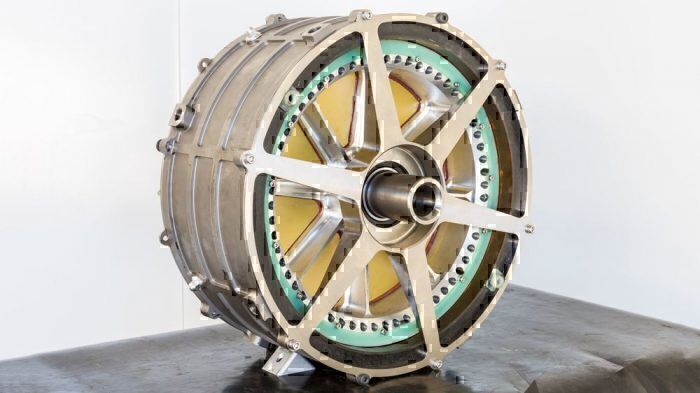One of the talking points at last week’s Paris Air Show was the reintroduction of faster than the speed of sound airliners. While new supersonic jets are exciting, questions remain over how emission concerns could jeopardize supersonic flight.
Remember back in the 1970s, when you could fly between London, Paris and New York in three hours aboard the Concorde? The biggest concern back then was aircraft noise and not greenhouse gases.
Carbon footprint
The phrase we all hear and use today “carbon footprint” first appeared in the journal, Environment and Urbanization, after being used by Professor William Rees in a 1992 paper.
The University of British Columbia professor coined the phrase to describe what people take and use from nature, and nature's ability to continue to supply them with it.
Today we hear about climate change on a near daily basis and what we must do in order to reduce our carbon footprint. All around the world, and especially so in Europe, city after city is banning diesel and older high emission vehicles with the aim of having a majority of all electric cars on the roads by 2030.
In terms of the amount of CO2 per passenger, aircraft are some of the worst polluters on the planet. How to make aircraft engines more fuel efficient to tackle this problem is a focus for the majority of aircraft manufacturers right now. Supersonic flight is barely on the radar.
Boom Technology
For this reason, Denver based startup Boom Technology went out of their way in Paris to showcase the green credentials of the 75-seat, Mach 2.2 jetliner they are building. Boom’s airliner, named the Overture, is looking to fill a void left by Concorde. They hope it will be ready to by 2025.
The problem for Boom is that they do not want to spend billions of dollars on developing supersonic engines that conform to emission and noise levels. Rather they are intent on modifying existing engines.
The International Council on Clean Transportation (ICCT) claims that modified jet engines will consume five to seven times more fuel than subsonic jet engines. The tinkered-with engines will also emit 40% more nitrogen and 70% more carbon dioxide, according to a report published by Reuters.
Based on the ICCT study, new supersonic airliners would be unable to meet standards for both emissions and noise currently in place. The ICCT claims that the only way to comply would be to build a new engine with a variable cycle option that would operate differently when taking off and when in cruise mode.
Other than this, Boom would have to get lawmakers to create a different set of rules for supersonic aircraft, something that is unlikely to happen in Europe.
But aren't electric engines the future?
Shouldn’t we be investing our time looking at electric aircraft engines? This supersonic flight is all well and good, but not if it is going to be a bigger polluter than we already have.
Renewable energy is the future and we should embrace it every step of the way. Electric aircraft engines will not burn carbon fuels, create excessive amounts of noise, and will be much cheaper to operate than what we are using today.
For me the future is electric, and while Concorde was great in its day we don’t need a new supersonic aircraft unless it is electric.




